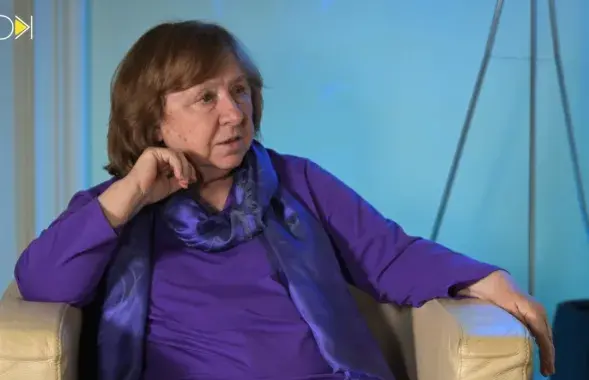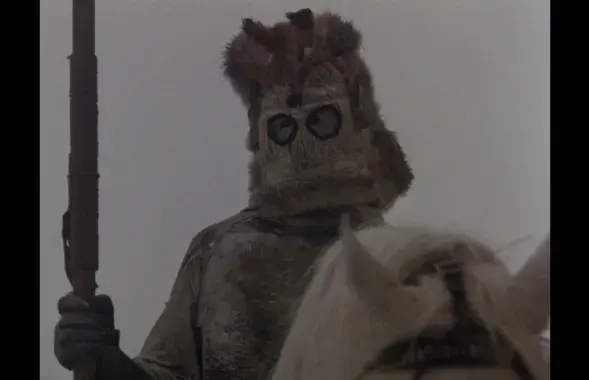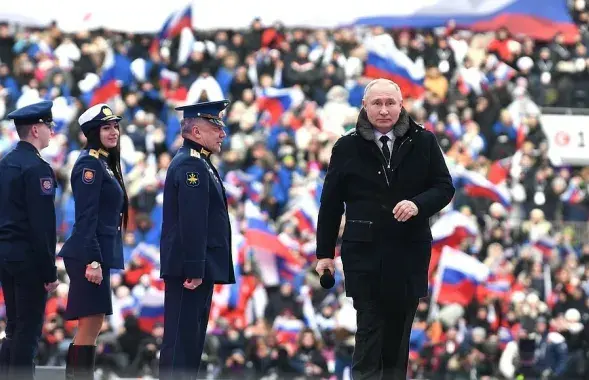Belarus policemen talking: 32 dirty words within 1.5 minutes
Euroradio listens to two police officers talking while waiting on the phone for an official comment by law-enforcers.
While doing a story, Euroradio called a Minsk Region district police station seeking a comment. The officer on duty promised to take a relevant superior to answer our questions, put the receiver on the desk and allegedly walked looking for his commander. Judging from what we heard on the phone, nobody really went anywhere.
We spent more than five minutes waiting for a comment and listening instead to the conversation between two policemen present in the room. The officers were discussing a story about two old women. One of the women visited the other one and took 100 grams of raspberries. The host reported her to the police, accusing of theft. The policemen are heard mocking the report, because the amount of the damage does not exceed 1,000 Belarusian rubles (7 cents).
Their conversation is so filled with dirty words that it is even hard to figure out what the story is really about. Within one minutes and 15 seconds, the words sh*t or f*ck are heard 23 times. Other swearing expressions can be heard 9 more times. In total, there were 32 dirty words per 140 usual words. It means the policemen used a dirty word after evert 4-5 usual words.
Quote:
100 grams of raspberries were stolen. Sh*t! 100 grams. F*ck, we are drawing a police report! Damages amount to f*cking 1,000 rubles..! They bring it to (the name of the officer) but he tells them: “Are you f*cking crazy? Is it worth a f*ucking million in fines? Sh*t, let him interview again and close this f*cking case!”...
Under Article 17.1 of the Administrative Code of the Republic of Belarus, swearing in public places is a case of petty hooliganism and subject to punishment by a fine in amount of between 2 and 30 base rates or adminstratyive arrest. Exactly the same legal provision is rourtinely applied against opposition activists and protesters during public events.
Under the Guidelines for Registration of Offences, a public place means "parts of territories, buildings, public transport vehicles within a settlement, excluding private housing facilities, and building visited freely (or for a fee) by citizens...". Correspondingly, the building of a district police station is in fact a public place! Smells like double standards, do you agree?
















